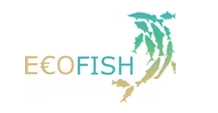Quick Access
CALL FOR PAPERS:
13th COMESA Annual Research Forum Click here
Latest News
Award Notice for Prequalification’s of Suppliers of Goods and Services for 1 January 2026 to 31 December 2028
To All Bidders The Common Market for Eastern and Southern Africa (COMESA) Secretariat refers to the Call for Prequalification of Suppliers for the supply of Goods and Services for the[…]
Read moreCOMESA IDEA Project Strengthens Procurement Capacity Through World Bank Training
Staff from the COMESA Inclusive Digitalization for Eastern and Southern Africa (IDEA) Project Coordination Unit (PCU) have enhanced their procurement and fiduciary management skills after participating in a two day[…]
Read moreDjibouti Moves Forward with Completion of One Stop Border Post Infrastructure Project
Djibouti continues to register encouraging progress in the implementation of key infrastructure activities under the Sub-Delegation Agreement, with technical support from the COMESA Secretariat and funding from the European Union/[…]
Read moreDriving Regional Competitiveness: COMESA Partners with UNIDO and ITC Under ATCMA Programme
The COMESA Secretariat hosted technical meetings with teams from the United Nations Industrial Development Organization (UNIDO) and the International Trade Centre (ITC) to discuss coordination arrangements, value chain selection processes,[…]
Read moreOverview of COMESA
The history of COMESA began in December 1994 when it was formed to replace the Preferential Trade Area (PTA) which had existed from the earlier days of 1981. COMESA (as defined by its Treaty) was established…
LEARN MORE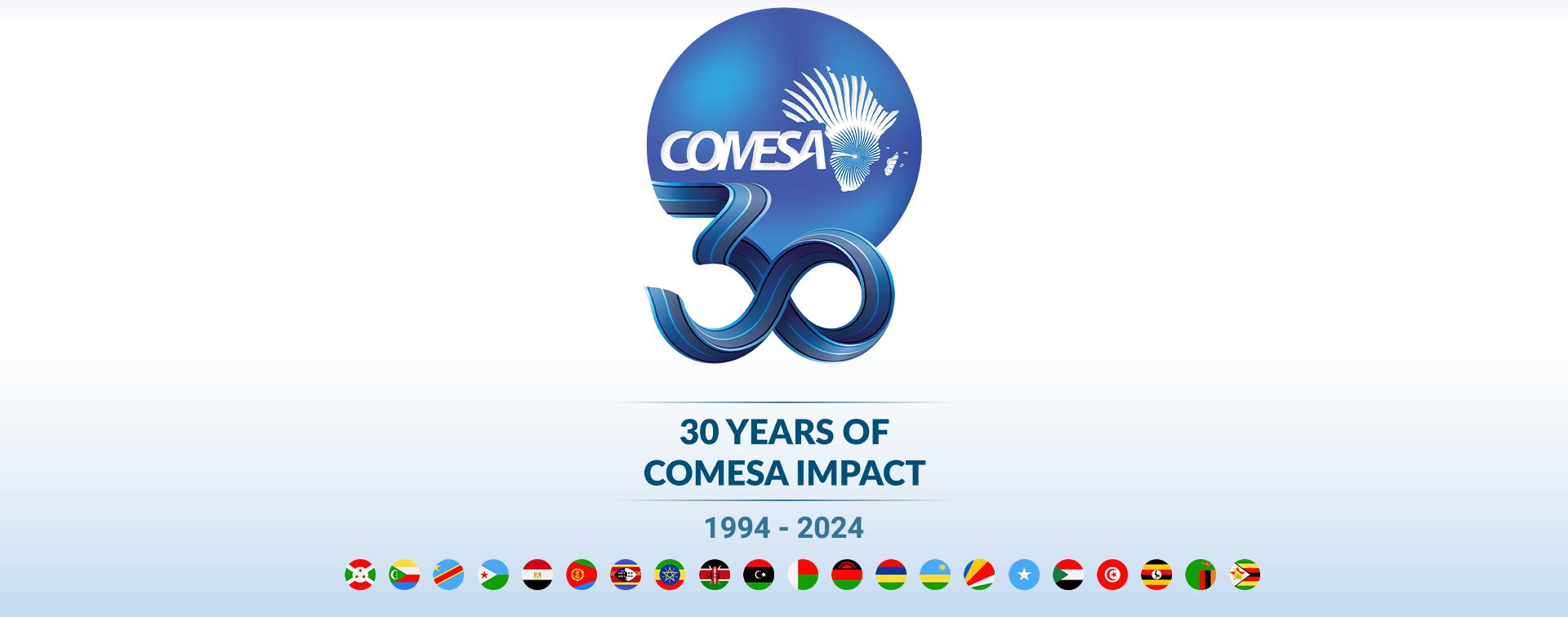
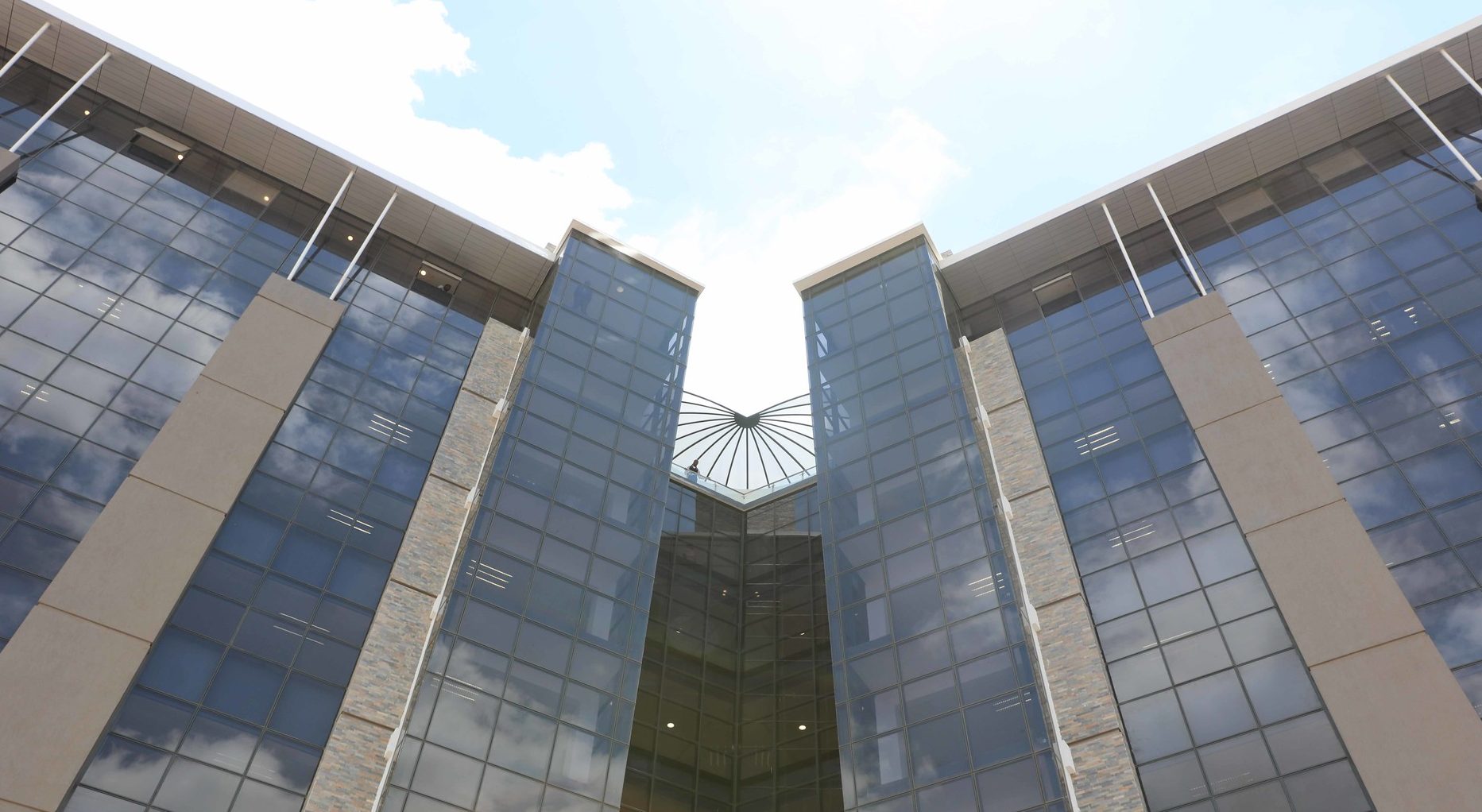
COMESA INSTITUTIONS
An integral component of the COMESA success narrative has been its institutions. These are needs-based and respond to very specific niches in the region. In addition to providing expertise in specific areas, the institutions are involved in skills development and extensive market research that allows them to link evidence to their decision-making processes. To support the integration program, COMESA has established financial institutions to provide not just the much needed credit (the Trade and Development Bank), but also to provide insurance for non-commercial risks (the African Trade Insurance Agency), re-insurance (ZEP-Re (PTA) Reinsurance Company) and to facilitate international payments (the Regional Payment and Settlement System), and to underpin competition in the region (the COMESA Competition Commission).
LEARN MOREOur Programmes
The Common Market for Eastern and Southern Africa (COMESA) comprises 21 African Member States that came together with the aim of promoting regional integration through trade and the development of natural and human resources for the mutual benefit of all people in the region.
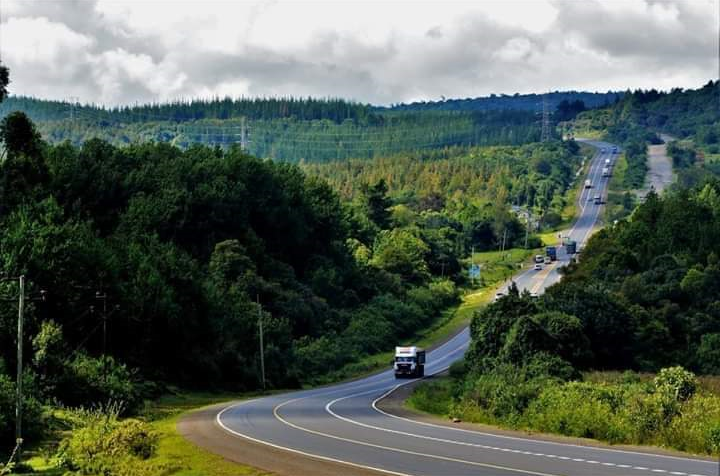
Infrastructure Development
COMESA has recognized infrastructure development as a priority and strategic focus area that requires…
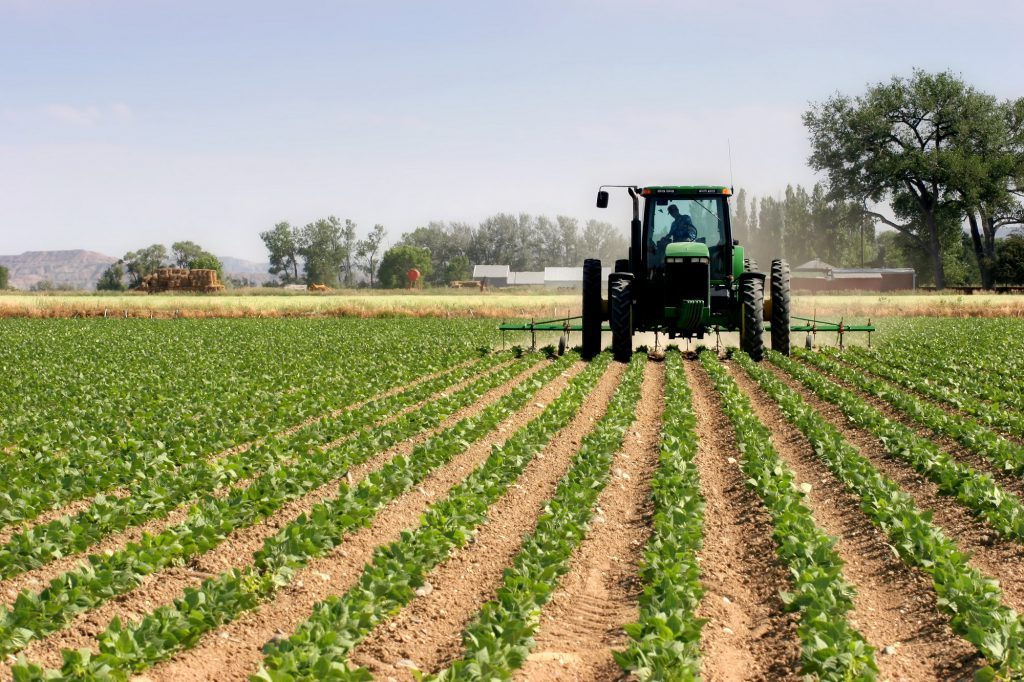
Agriculture, Industry & Private Sector Development
The Mandate of the Industry and Agriculture Division is to promote development of….
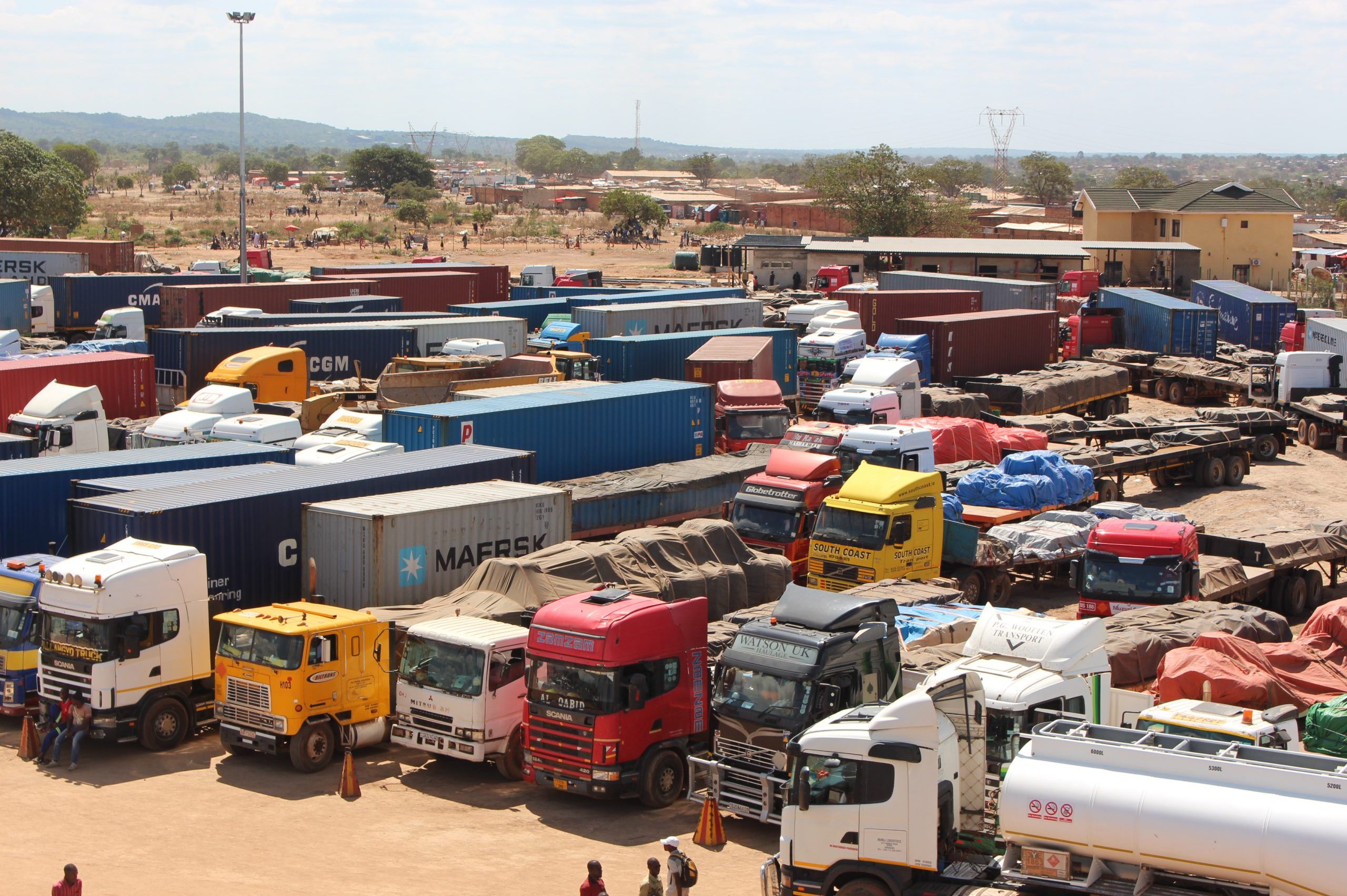
Trade & Customs Services
The main function of the division is to implement programmes to enhance cooperation in Trade…
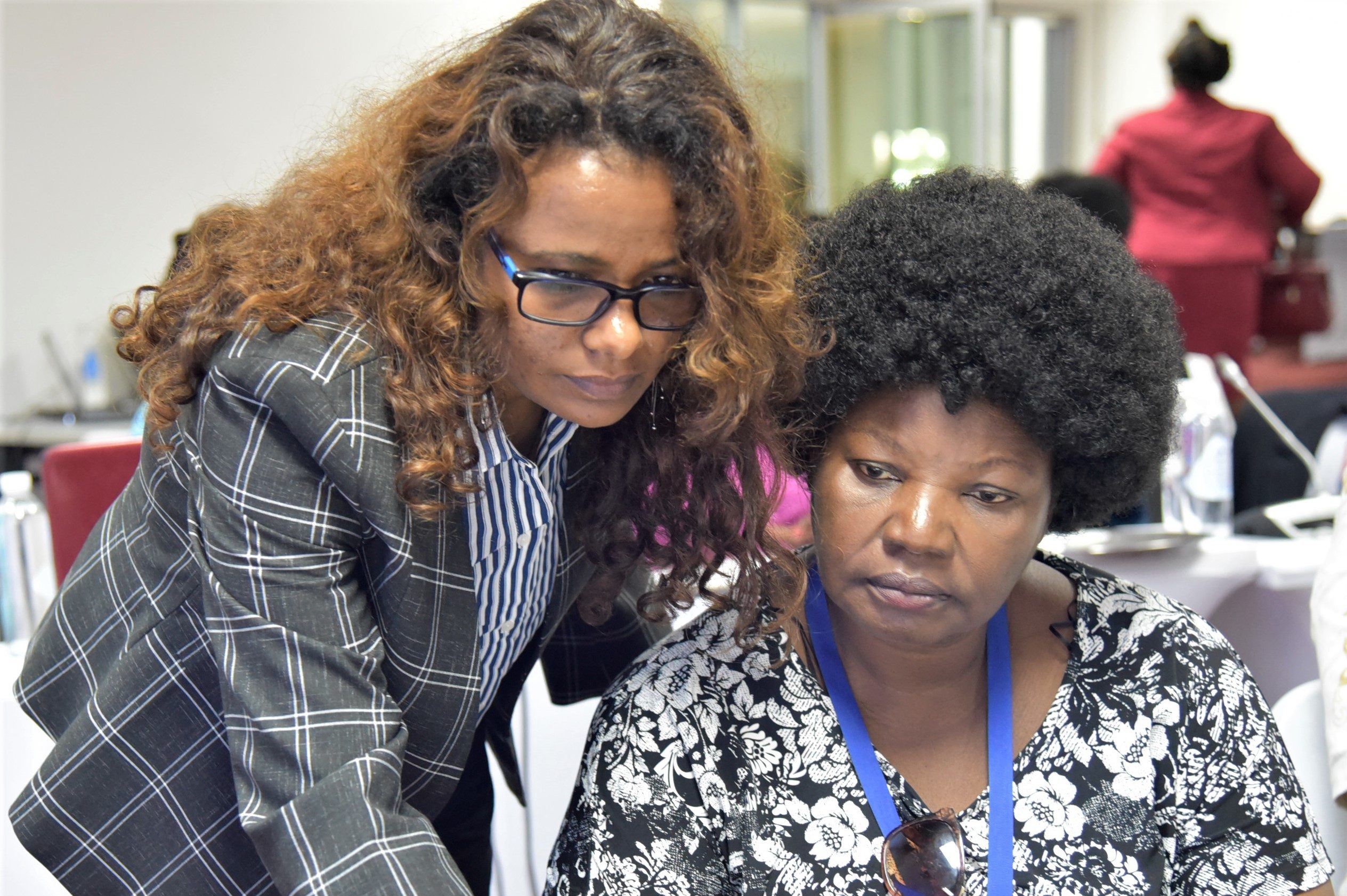
Gender & Social Affairs
The Gender and Social Affairs Division in the COMESA Secretariat exists to promote and provide leadership…..
COMESA, Briefly
A documentary on the key milestones and achievements in the COMESA regional integration agenda, focusing on four strategic pillars: market integration, physical connectivity, productive integration and gender and social integration.
Contact us
This post is also available in:





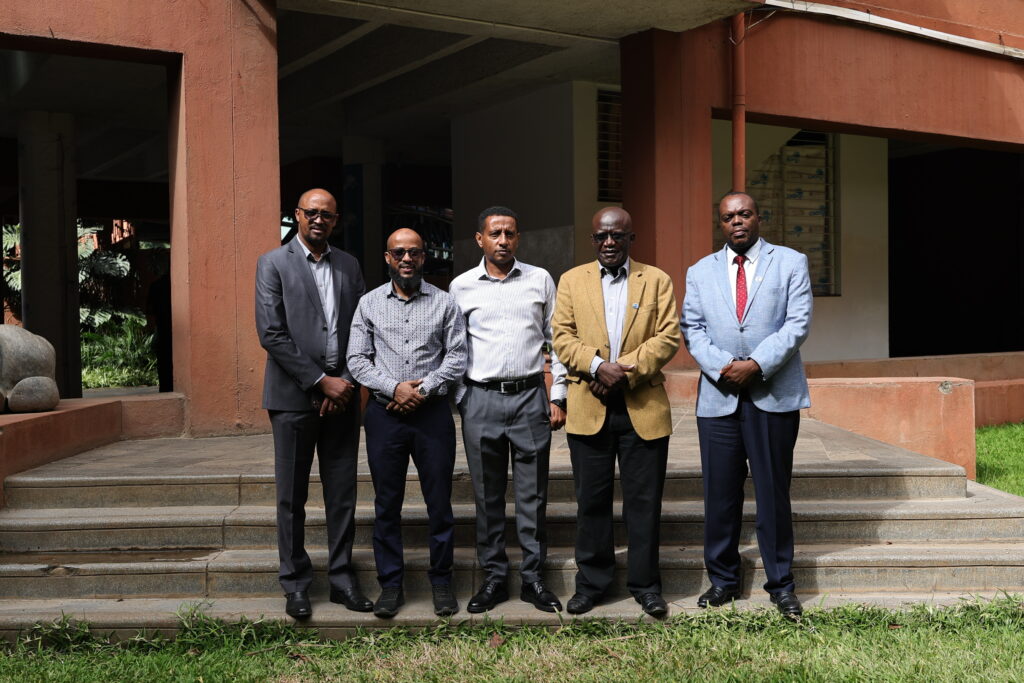
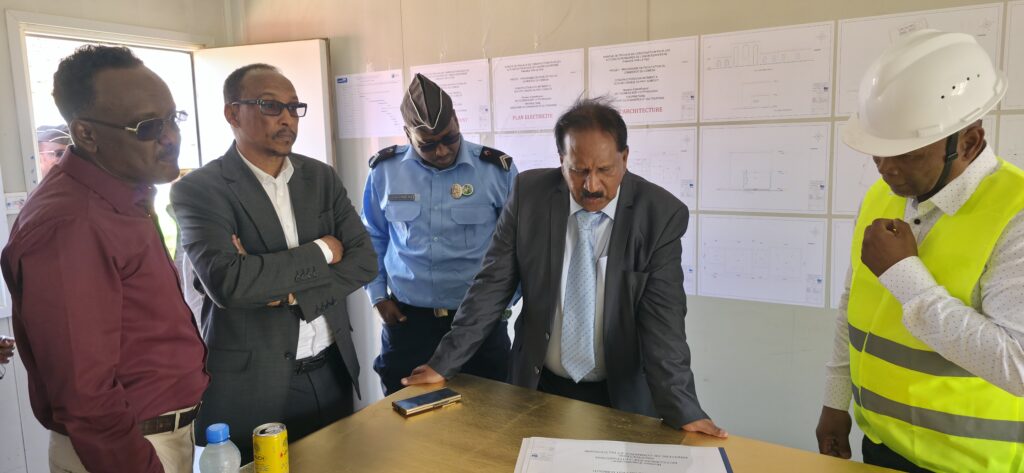
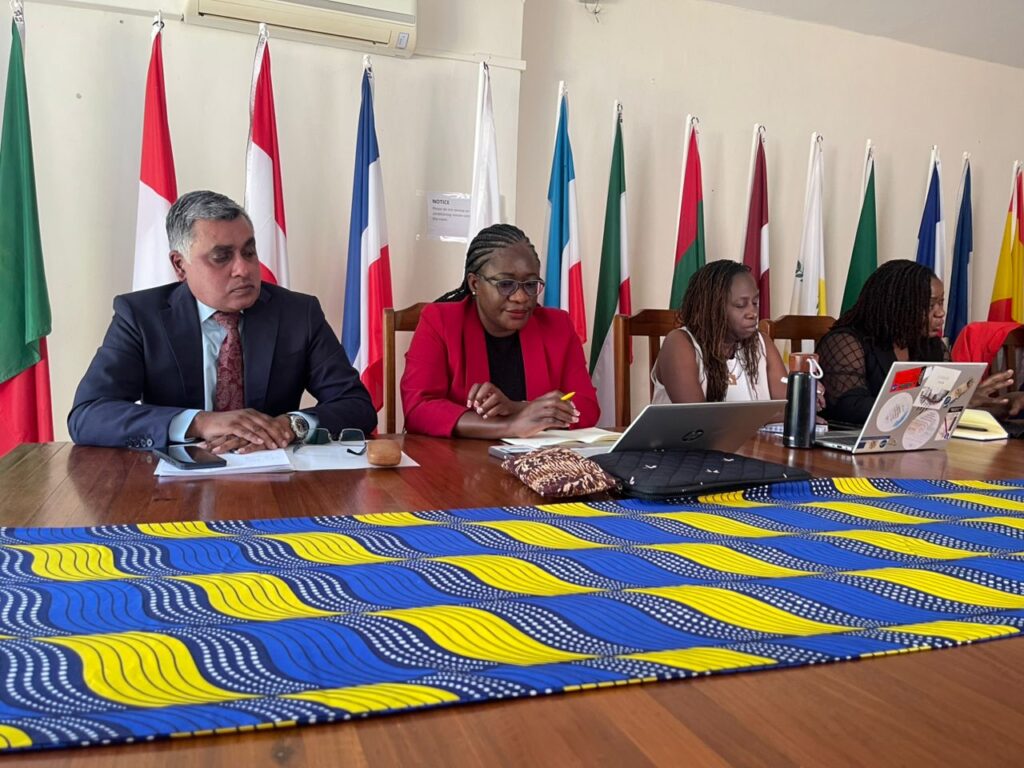
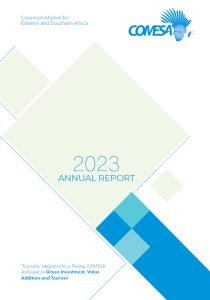 LATEST PUBLICATIONS
LATEST PUBLICATIONS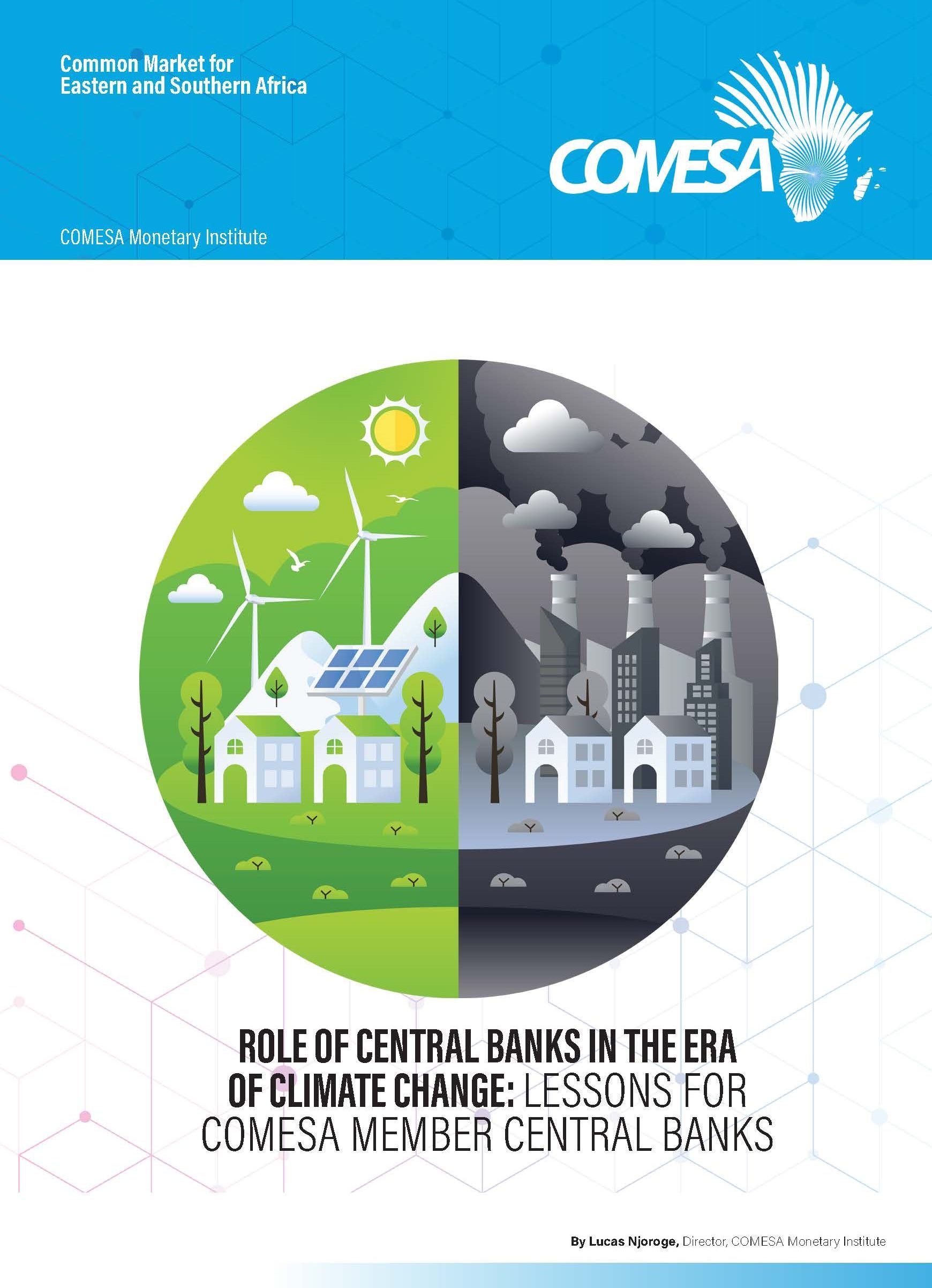
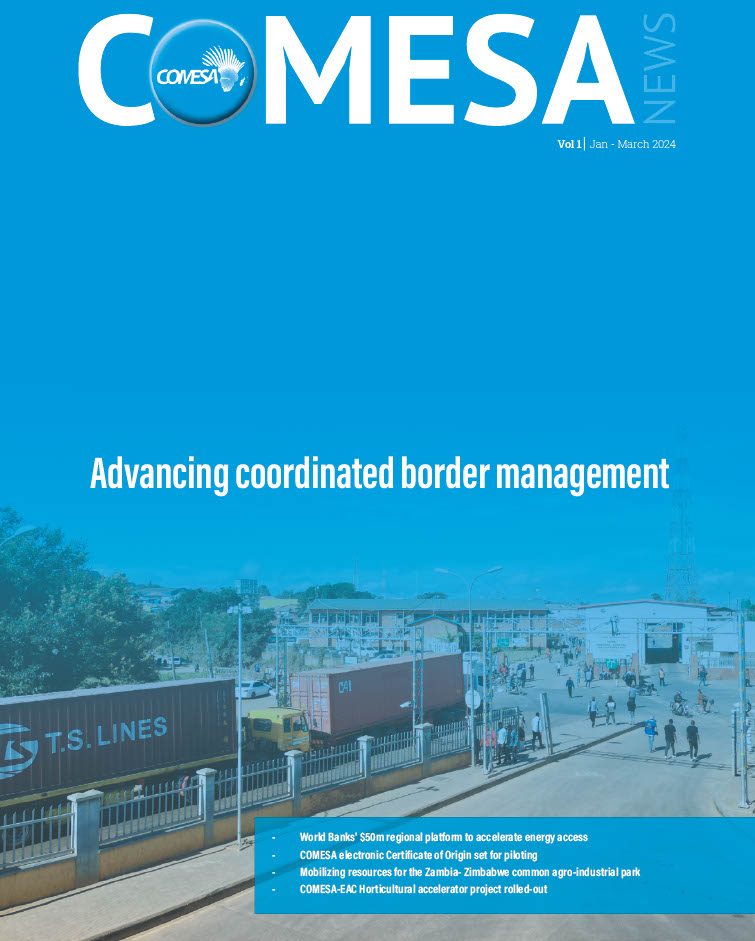
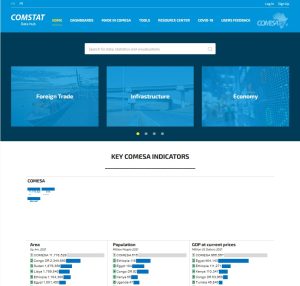 COMSTAT DATA HUB
COMSTAT DATA HUB




